Ep. 61: A.G. Kawamura, Founding Member Orange County Produce -ft. cohost: Scott Soares, former Mass Ag Commish & shellfish farming leader ||
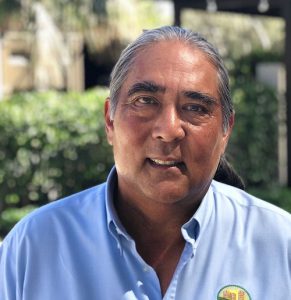 A.G. Kawamura is third generation fruit and vegetable grower and shipper from Orange County. He is the former Secretary of the California Department of Food and Agriculture (2003-2010). As a progressive urban farmer, A.G. has a lifetime of experience working within the shrinking rural and urban boundaries of Southern California. Through his company, Orange County Produce, LLC, he is engaged in building an exciting, interactive 21st century 100 acre agricultural showcase at the Orange County Great Park in Irvine, CA.
A.G. Kawamura is third generation fruit and vegetable grower and shipper from Orange County. He is the former Secretary of the California Department of Food and Agriculture (2003-2010). As a progressive urban farmer, A.G. has a lifetime of experience working within the shrinking rural and urban boundaries of Southern California. Through his company, Orange County Produce, LLC, he is engaged in building an exciting, interactive 21st century 100 acre agricultural showcase at the Orange County Great Park in Irvine, CA.
In our 45 minute conversation we discuss California’s massive impact on our food system. We also discuss climate, water, citrus, berries & produce, the Government, and the system as a whole.
Joining-in as cohost is the talented and knowledgable Scott Soares. Soares is former commissioner of Massachusetts Agriculture, and served as the Director of USDA Rural Development for Connecticut, Massachusetts and Rhode Island for the Obama administration. Scott has 15 years of fishery and aquaculture experience prior to that – including early in his career serving as the 1st Massachusetts coordinator of aquaculture for nearly a decade. TuneIn.
co-host:
Scott Soares
- Former Commissioner MA Agriculture
- Dir. USDA Rural Dev Northeast for Obama administration
- 15 years of fishery & Aquaculture experience
- Served as 1st MA coordinator of aquaculture for a decade
@SjSoares65


 With his wife Anne Biklé, David is currently framing out his fourth book. We learned that with “What your food eats” – working title of this latest deep dive – this husband & wife writing duo seek to connect soil fertility to human health. Anne and David have also worked together to pen the book ‘Dirt’ —about the plight of soil and what we’ve done to it since the dawn of agriculture. And, ‘The Hidden Half of Nature’, a revealing exploration of how microbial life underpins the health of soil and, even our own bodies.
With his wife Anne Biklé, David is currently framing out his fourth book. We learned that with “What your food eats” – working title of this latest deep dive – this husband & wife writing duo seek to connect soil fertility to human health. Anne and David have also worked together to pen the book ‘Dirt’ —about the plight of soil and what we’ve done to it since the dawn of agriculture. And, ‘The Hidden Half of Nature’, a revealing exploration of how microbial life underpins the health of soil and, even our own bodies.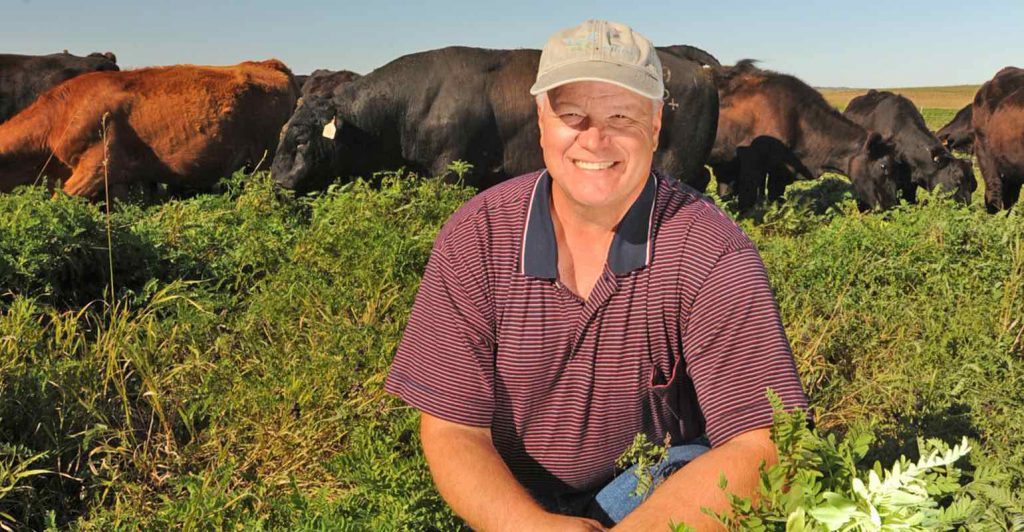
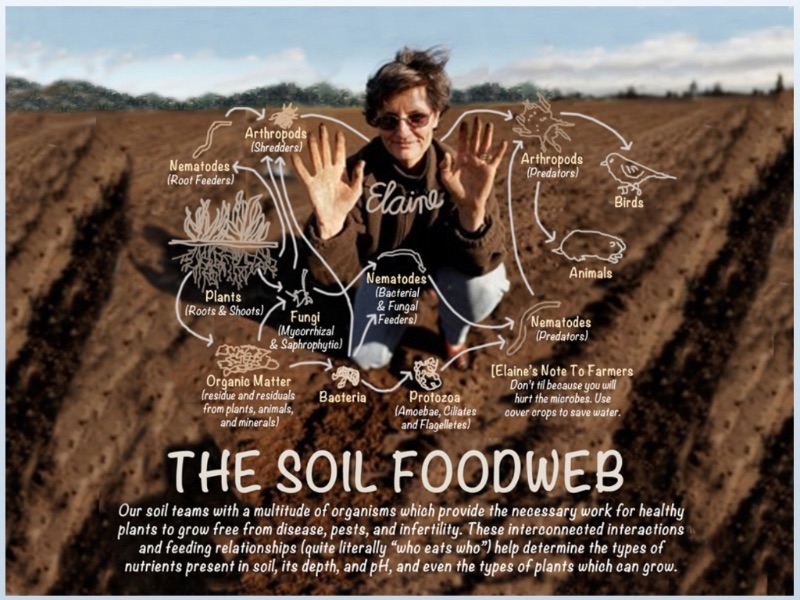
 Throughout the 45 minute conversation Shauna shares some interesting anecdotes of situations that have arisen in her time at as VP at Annie’s, and most recently while managing the organic allotment of General Mills’ vast arsenal of products.
Throughout the 45 minute conversation Shauna shares some interesting anecdotes of situations that have arisen in her time at as VP at Annie’s, and most recently while managing the organic allotment of General Mills’ vast arsenal of products.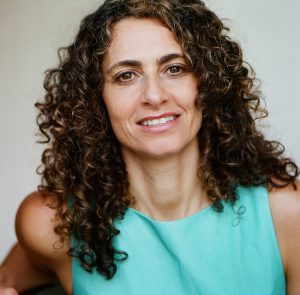
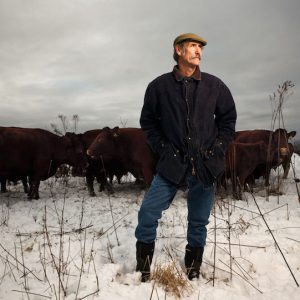
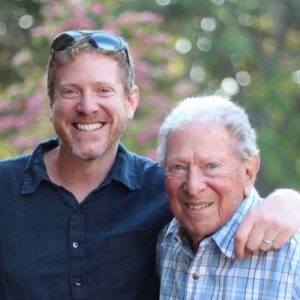 Producing Châteauneuf-du-Pape style Rhone wines native to the Southeast Corner of France, today we welcome Partner and General Manager of Tablas Creek Winery Jason Haas to Sourcing Matters. Situated squarely between San Francisco & Los Angeles, Jason’s family began their California winery in 1989 using elevated practices that focused on Organic and regenerative in effort to benefit their soils, and the flavor of their wines. Now, producing 360,000 bottles a year of biodynamic and diverse vitas – Tablas Creek has established themselves as a desired brand that engages consumers and progresses the industry through their commitment to producing world-class wine.
Producing Châteauneuf-du-Pape style Rhone wines native to the Southeast Corner of France, today we welcome Partner and General Manager of Tablas Creek Winery Jason Haas to Sourcing Matters. Situated squarely between San Francisco & Los Angeles, Jason’s family began their California winery in 1989 using elevated practices that focused on Organic and regenerative in effort to benefit their soils, and the flavor of their wines. Now, producing 360,000 bottles a year of biodynamic and diverse vitas – Tablas Creek has established themselves as a desired brand that engages consumers and progresses the industry through their commitment to producing world-class wine.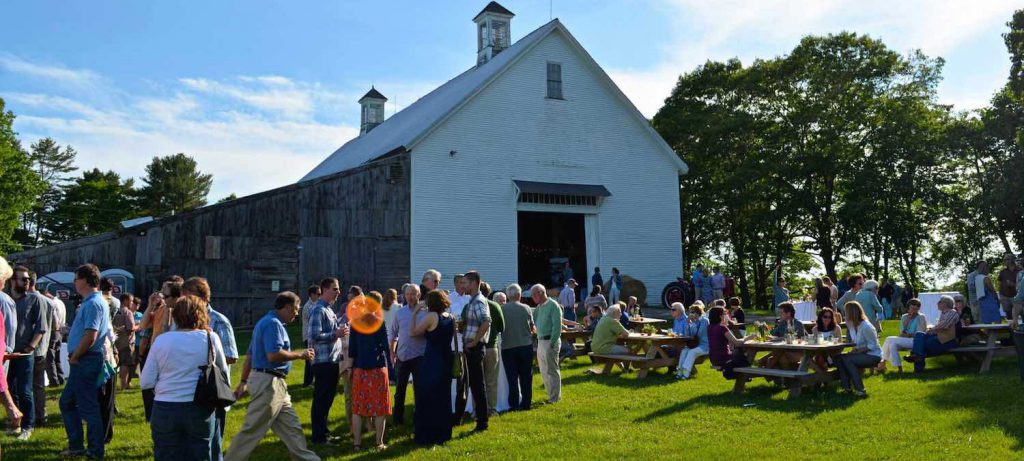
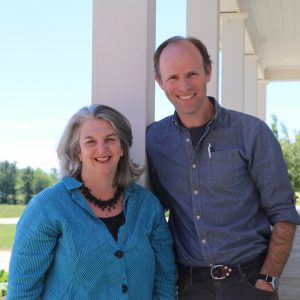 Joining for episode 22 of Sourcing Matters we welcome Dave Herring: Executive Director at Wolfe’s Neck Center; and Fiona Wilson, Chair of the Board at Wolfe’s Neck, and ED at Center for Social Innovation and Enterprise, Asst. Prof. at UNH’s Paul College of Business.
Joining for episode 22 of Sourcing Matters we welcome Dave Herring: Executive Director at Wolfe’s Neck Center; and Fiona Wilson, Chair of the Board at Wolfe’s Neck, and ED at Center for Social Innovation and Enterprise, Asst. Prof. at UNH’s Paul College of Business.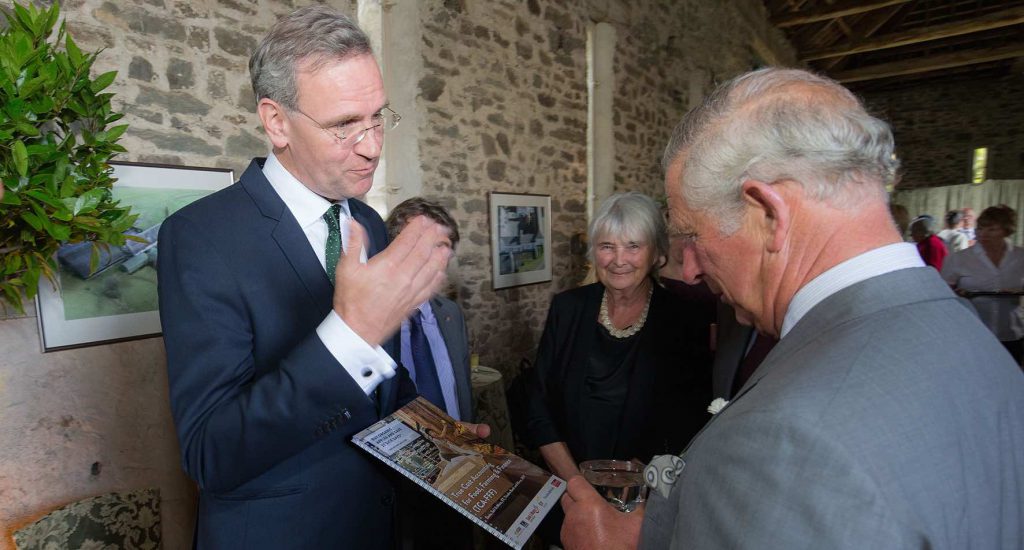
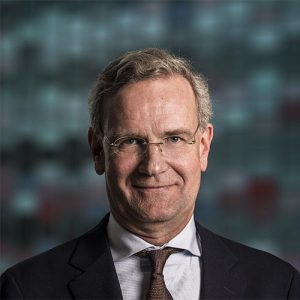 Along with the UN and Ernst & Young – Volkert Engelsman and the team at EOSTA have levered the Nature & More framework to prove healthier & cleaner food has greater value than the cheap stuff. The pilot program has been labeled “True Cost Accounting for Food, Farming & Finance”. We learn that French Government has calculated a 54b Euro impact of externalized costs from contamination on the water supply and environmental impact tied to conventional food production. More over, the UN calculates $2.8 Trillion of environmental externalized costs and $2.1 Trillion in social damage tied to extractive models of agriculture. Engelsman explains that’s about the equivalent of the total revenues of all food products from around the world. “The report makes clear that organic food is not too expensive, but rather conventional food is too cheap.” – details Engelsman.
Along with the UN and Ernst & Young – Volkert Engelsman and the team at EOSTA have levered the Nature & More framework to prove healthier & cleaner food has greater value than the cheap stuff. The pilot program has been labeled “True Cost Accounting for Food, Farming & Finance”. We learn that French Government has calculated a 54b Euro impact of externalized costs from contamination on the water supply and environmental impact tied to conventional food production. More over, the UN calculates $2.8 Trillion of environmental externalized costs and $2.1 Trillion in social damage tied to extractive models of agriculture. Engelsman explains that’s about the equivalent of the total revenues of all food products from around the world. “The report makes clear that organic food is not too expensive, but rather conventional food is too cheap.” – details Engelsman.